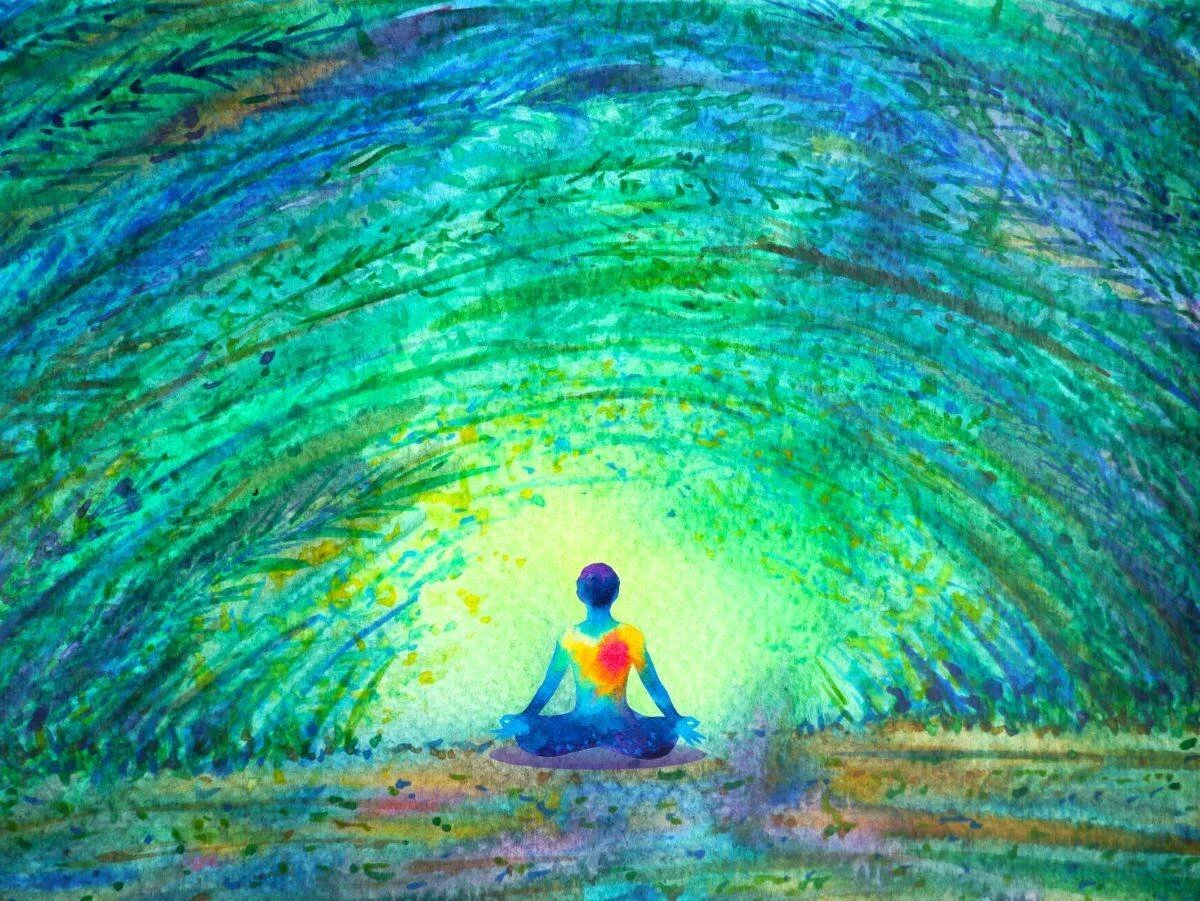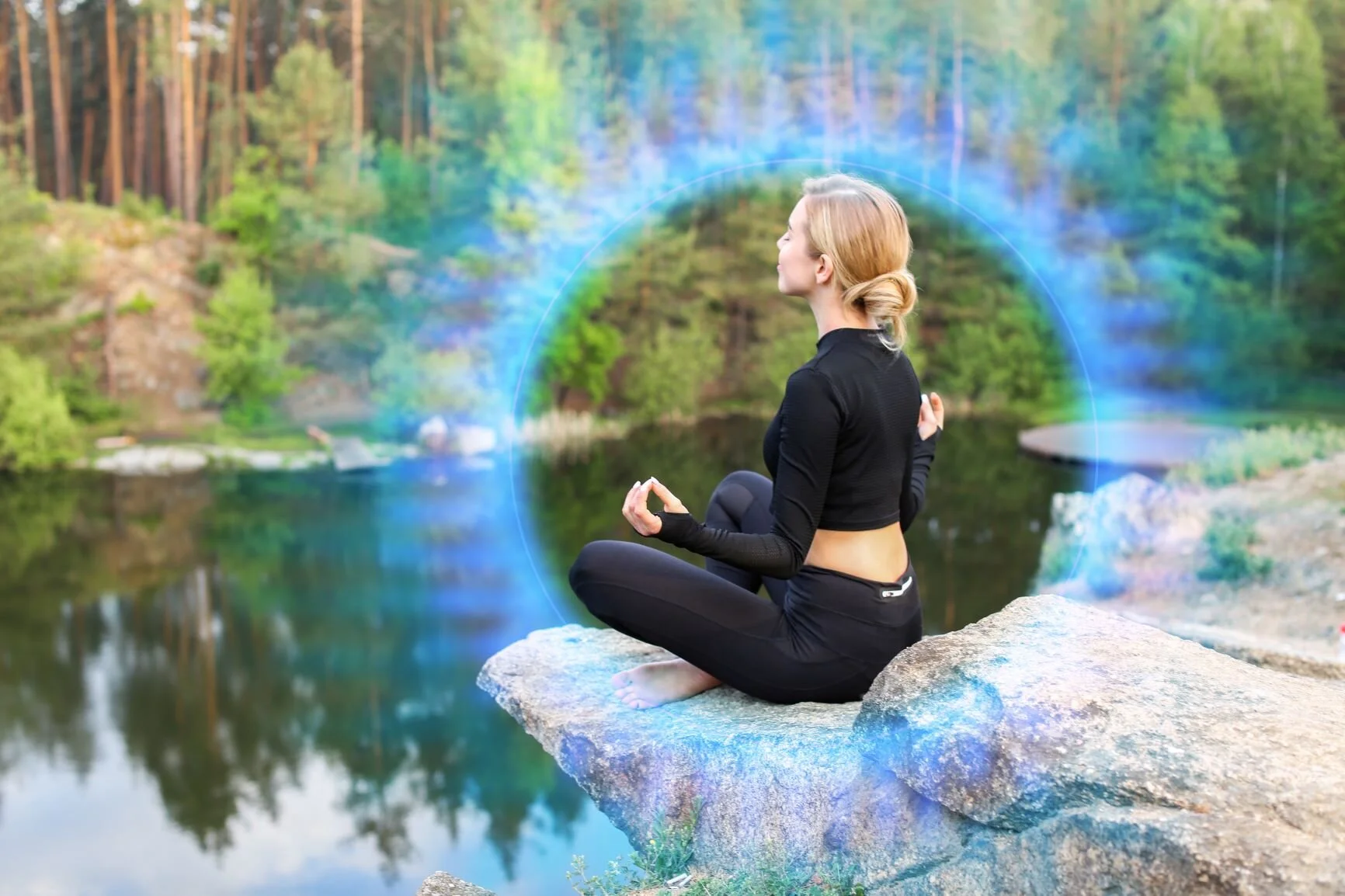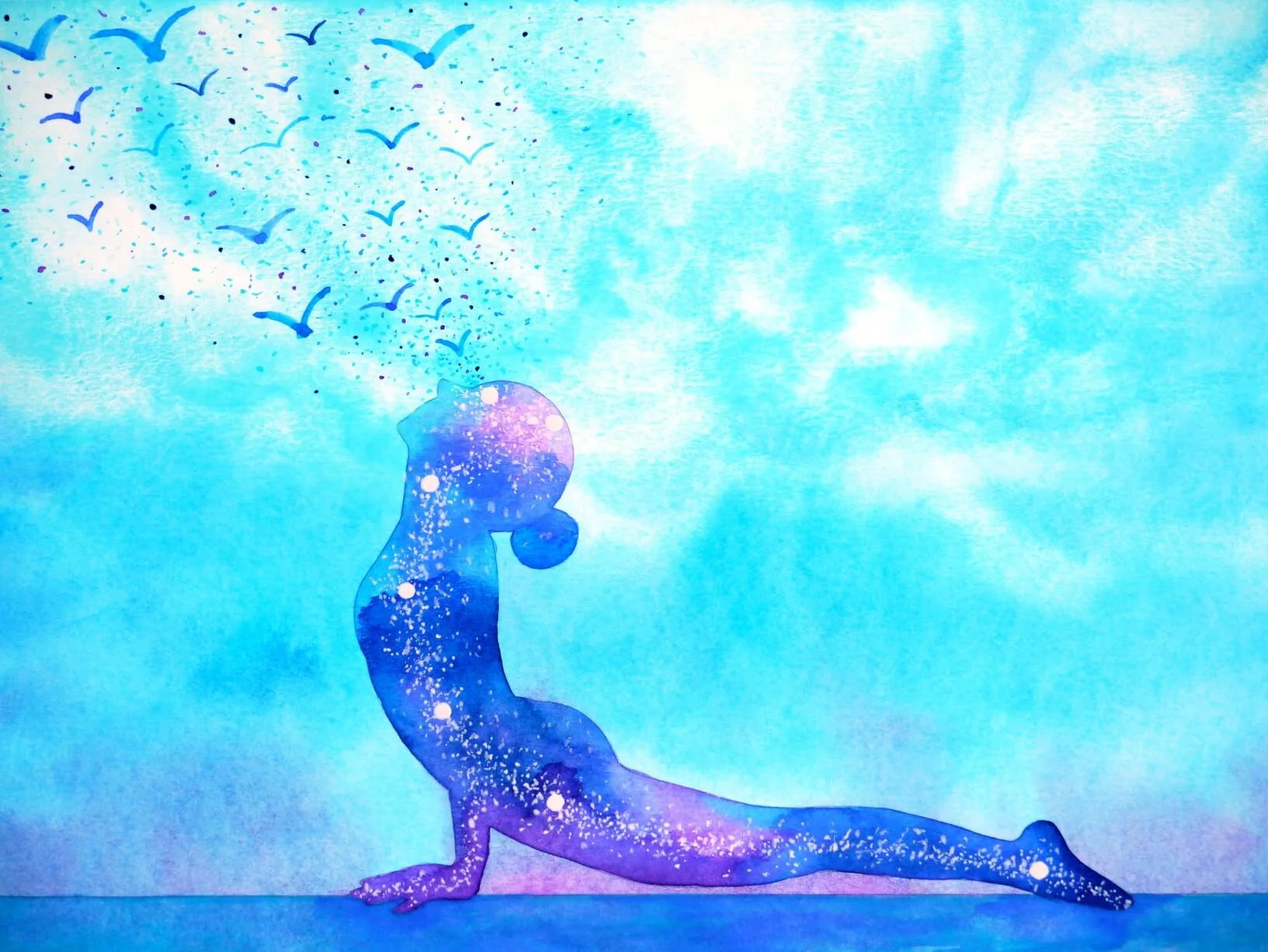The next biggest danger is that no one thinks there are or can be any dangers to meditation, so there is almost no discussion and information-gathering on the subject. Everyone is just going blah blah about the benefits. As a consequence, meditators are constantly being blindsided and derailed by things that should be trivial hazards, easily dismissed or bypassed. If we compare meditation to a day at the beach, it is as if people are saying, "Oh, don't worry, you can never get enough direct sunlight. Just soak it up. You don't even need a hat. And swim out in the ocean as far as you want. It's a lake. With dolphins that will love you."
For something so powerful, meditation has relatively few truly negative side effects. This is because meditation is not a drug, it is a way of accessing your body's own built-in healing response. Your body, your nerves, your organs, your entire system has immense inner resources of adapting. Human beings have adapted to environments from the humid tropics to the frozen Arctic. Our bodies are geniuses at adapting to and mastering the world. When you meditate, you give life permission to fine-tune your adaptation to the world.
There is a weird set of problems here, having to do with the meditation traditions themselves, and what a good job they have done of preserving the teachings that were given in 100 BC, 500 BC, 100 AD, 1300 AD, and so on. Almost all teachings on meditation are slanted toward the needs of the monks who lived long, long ago in places far, far away. The traditional teachings are slanted toward how to adapt to life in 500 BC, IF you are a male, IF you are a Hindu, or Buddhist, IF you are a male-Hindu or Buddhist who wants to be celibate. Or how to adapt to life in a Tibetan lamasery in 1500 AD.
Furthermore, because the knowledge of how to meditate has been preserved by the sacred Hindu and Buddhist traditions of India, Tibet, China, and so on, they have framed the knowledge as part of religion. It's not a science in the Western sense, although it pretends to be. Western science is about questioning everything, and always searching for better formulations of principles. To religious thinkers, such questioning is iconoclasm, a breaking of idols, and as such is almost like murder. Ordinary mortals are not allowed to change a religion, or the meditation practices that go with a religion. From a religious outlook, it is forbidden, a great heresy, the deepest kind of treachery and betrayal to modify the teachings to suit the very different needs of all those low-lifes out there who have the bad karma to be born in the United States or Europe. People who are so degraded that they have not taken vows to abandon their families, to abandon working for money, and abandon their individuality. As a consequence, we have a huge literature on "meditation techniques to suit the needs of monks living in monasteries, if they are Hindu or Buddhist," but not much at all about how to meditate if you live in the modern West and have a family and job that you really don't want to abandon.
Many of the best, most brillant and articulate teachers working in the West are from Hindu and Buddhist lineages, and even when they are talking to women who have families, they tend to use language and techniques that were designed only for monks, such as: detachment, renunciation, silencing the mind. These attitudes are harmful to people who are not monks, because they injure one's ability to be intimate with another human being. You can see how monks need to learn techniques for killing off their sexual desire and creating distance, so they don't become too intimate with the monk in the next cell. But men and women who are married should no more internalize these attitudes than they should inject themselves with chemotherapy toxins.
It is very strange that such brilliant people have little sense of how to talk to the people who are actually there in front of them. Just because recluses and renunciates by definition have a sour grapes attitude toward the world, does not mean this is a universal truth. In fact, cultivating monk-like disgust toward bodies, the senses, sensual enjoyment, is very damaging to non-monks. It's like studying cooking with someone with an eating disorder, who conveys a conflicted, problem-laden attitude toward food with every look and word.
If meditation teachers were doctors, they would be prescribing that everyone take antibiotics all the time, because life is a disease. They would give healthy people massive doses of x-rays, just because tradition says that it is good to have a clear, ruthless view of the inside of the body, and to develop contempt for it.
To put things in perspective, many millions of people have meditated, over the past several thousand of years, and written about it extensively – there is a vast literature. If you look at this history as a vast trial run of a new drug, there are remarkably few negative side effects for such a powerful process.
Meditation usually comes wrapped up in a religion and a set of superstitions from a traditional culture. So we can make a distinction between "the dangers of meditation itself" and the dangers of say, converting to Buddhism if you are a woman living in the midwest United States in 2006. There is not much going on in the world of meditation that is aimed at how people really live now. There are thousands of varieties of Buddhism-flavored meditation, Hindu-flavored meditation, and so on. So we have to distinguish the dangers of meditation itself, even if a woman could find a woman-friendly form to practice, from all the extra cultural baggage meditation tends to come with.










